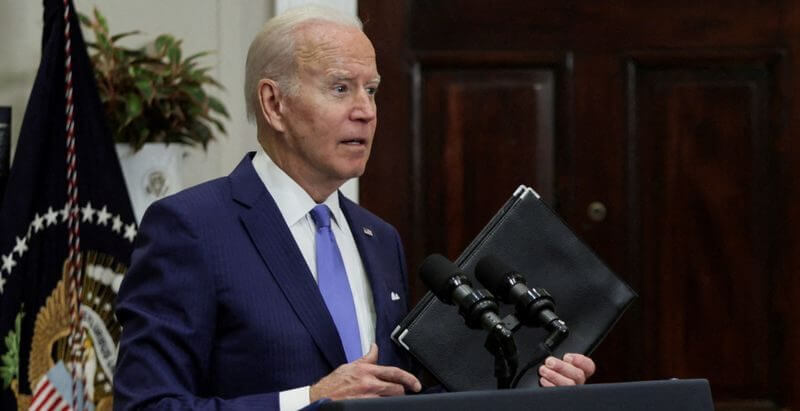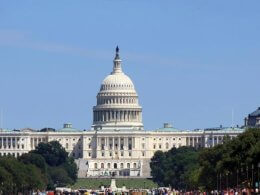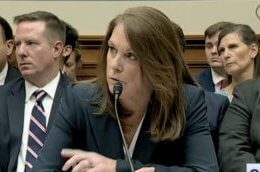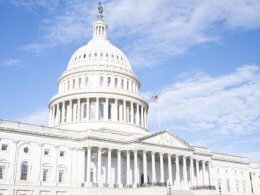The Biden administration, along with 60 partners, endorsed a new global internet pledge Thursday which supports government restriction of online speech.
The Declaration for the Future of the Internet is a set of nonbinding guidelines that covers issues ranging from “disinformation” and affordable internet access to the free flow of information, according to the document. It urges a crackdown on “harmful” content to advance human rights while arguing that the internet should be used to reinforce “Democratic principles.”
The document notes that some authoritarian countries restrict free expression online, but failed to mention alleged Big Tech censorship in the U.S. and abroad.
Countries that endorse the document, including the U.S., reaffirm a “commitment that actions taken by governments, authorities, and digital services including online platforms to reduce illegal and harmful content … be consistent with international human rights law,” according to the declaration.
The declaration urges that government crackdowns on online activities “be consistent with international human rights law, including the right to freedom of expression while encouraging diversity of opinion, and pluralism without fear of censorship, harassment, or intimidation.”
“Access to the open Internet is limited by some authoritarian governments and online platforms and digital tools are increasingly used to repress freedom of expression and deny other human rights and fundamental freedoms,” the declaration said.
“Countries have erected firewalls and taken other technical measures, such as Internet shutdowns, to restrict access to journalism, information, and services, in ways that are contrary to international human rights commitments and obligations,” it continued.
Partners in the declaration include the European Commission, the U.K., Australia, Germany, Columbia and dozens of other nations. China and Russia are absent from the list.
Issues of affordability and access come up repeatedly in the document, which said everyone should be able to access the internet regardless of where they live.
The document says digital technologies should be universally accessible and must be used to promote “inclusive” economic growth and to fight climate change. Digital technologies should be used to “promote pluralism and freedom of expression, sustainability, inclusive economic growth, and the fight against global climate change,” it says.










